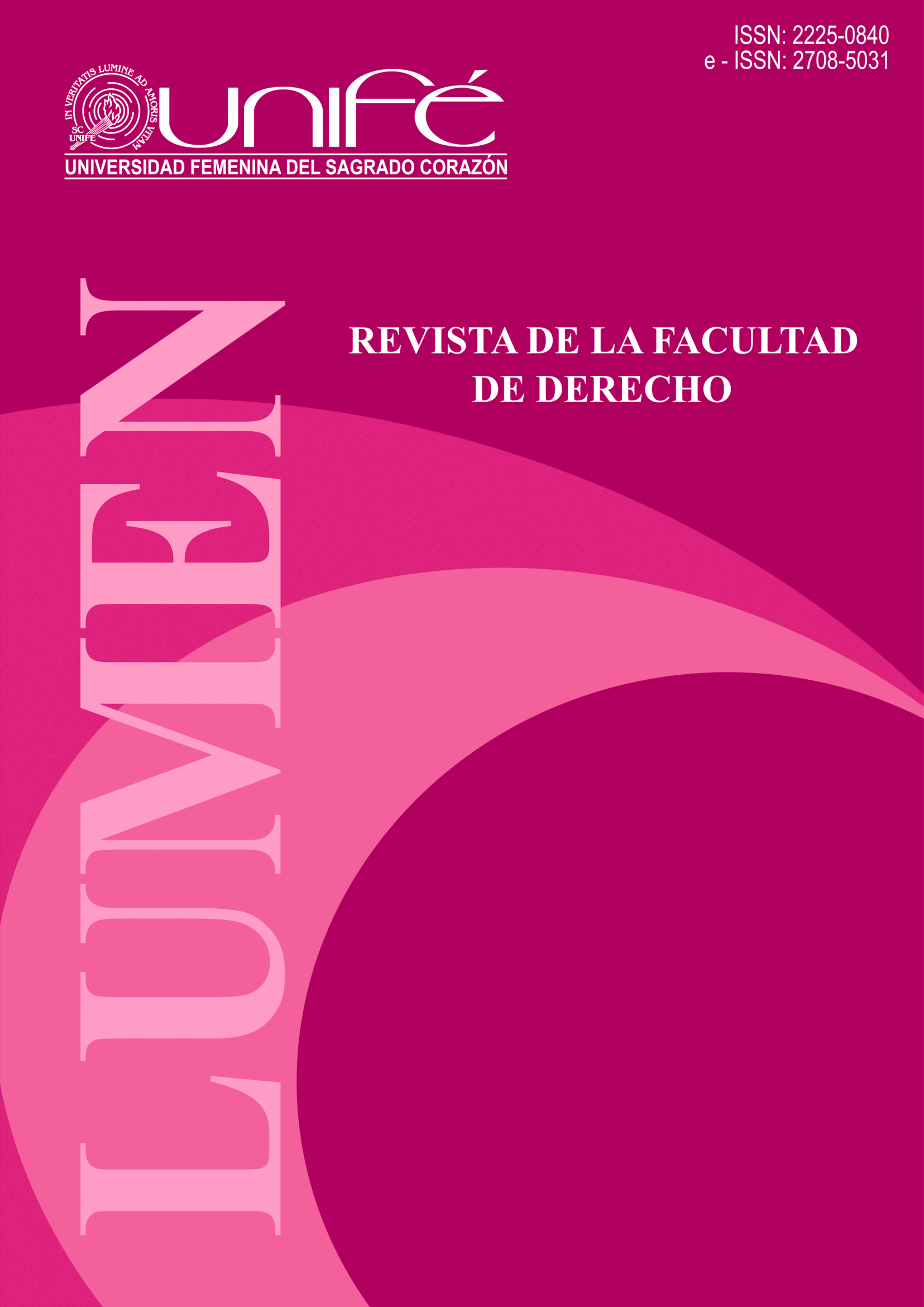The conviction of the acquitted in the peruvian criminal process
DOI:
https://doi.org/10.33539/lumen.2022.v18n1.2559Keywords:
double instance, due process, reasonable time, res judicata, legal certaintyAbstract
The present work aims to analyze the article 419 (2) of the Code of Criminal Procedure, in accordance with article 425 (3) (b) of the Code of Criminal Procedure, which allows the conviction of the acquitted by the Superior Criminal Court, a rule that remains in force despite the fact that, the majority of the jurisprudence issued by the Supreme Court of the Republic and the Constitutional Court itself have declared that convincing the acquitted violates the right to a plurality of instances, a fundamental right contained in article 139 (6) of the Constitution of Peru. And even the Constitutional Court in its ruling in case No. 04374-2015-PHC/TC, dated July 21, 2020, urged the Congress of the Republic to establish an amendment to article 425 (3) (b) of the current Code of Criminal Procedure to enable the review, through an ordinary appeal, of the conviction of the person acquitted in the first instance. It is analyzed, how is it that by continuing in force the procedural rules that allow the acquitted to be convicted, in the face of the contrary position of the jurisprudence, it generates a problem of procedural nature that has to do with the reasonable term in any trial, therefore it is urgent that the Congress of the Republic settle the issue.
Downloads
Downloads
Published
How to Cite
Issue
Section
License
Copyright (c) 2022 Francisco Edgar Flores Mita

This work is licensed under a Creative Commons Attribution 4.0 International License.









